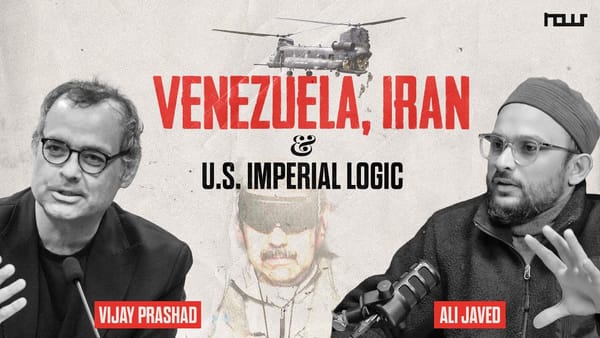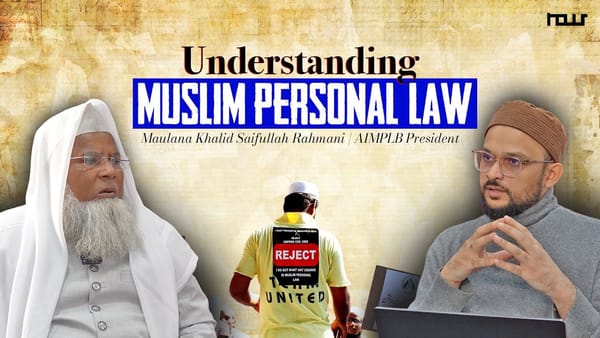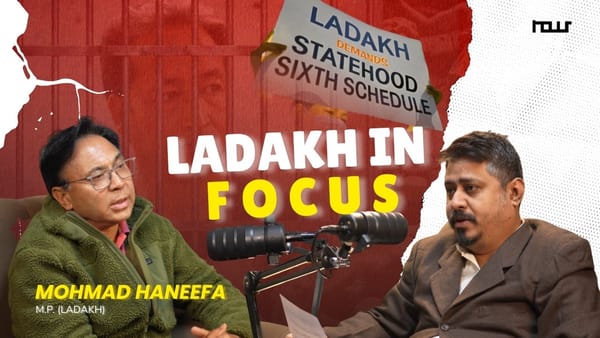The History of Gaza Genocide
The genocide in Gaza did not begin on October 7, 2023 — it is the continuation of over a century of occupation, dispossession, and resistance. This timeline traces that long, painful history of occupation and the enduring spirit of Palestinian resistance.
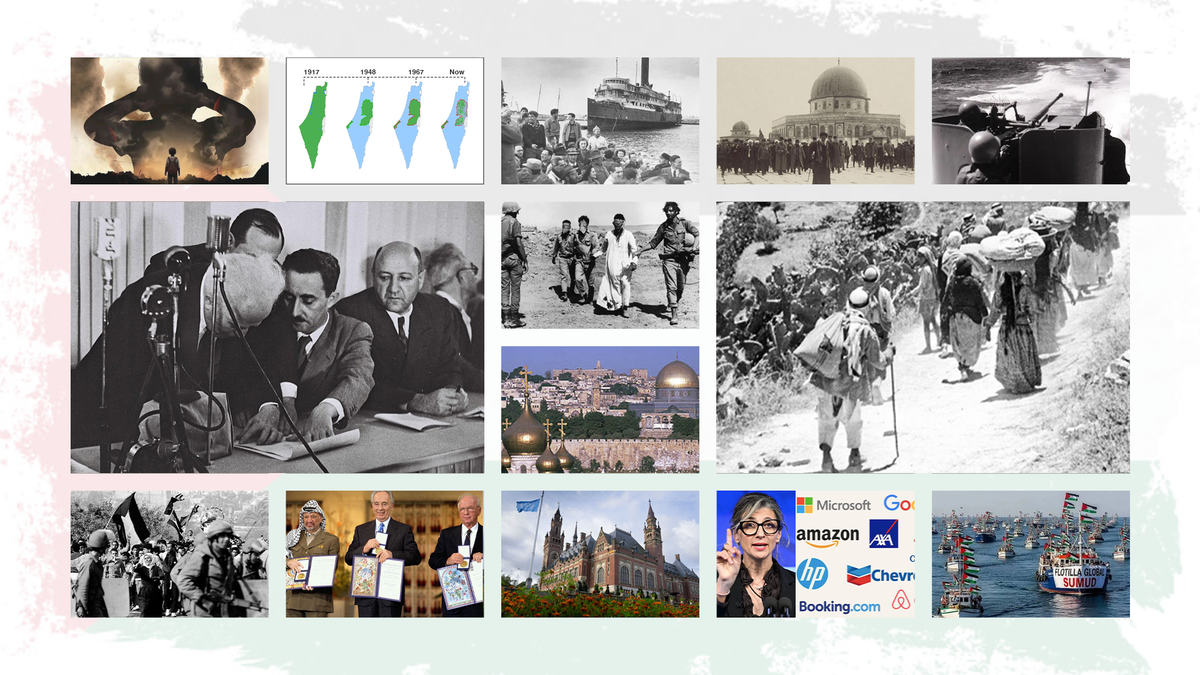
October 7-9, 2023 (The Genocide Continues)

The October 7, 2023 attack is not isolated in time — it is the continuation of Palestine’s decades-long occupation. On October 9, Israel imposed a total blockade, cutting off electricity, food, water, and fuel — a collective punishment that continues today.
October 7, 2023 - October 6, 2025 (Human Cost)
Since October 7, 2023, over 67,000 people have been reported killed. Unofficial numbers are even higher.

Life Expectancy in Gaza is now just 40. In 2023 it was 75 years old.

Let’s look at the history and the key events.

1870-1896 (Political Movement - Zionism)

In 1896, journalist Theodor Herzl launched a new political movement — Zionism — calling for a separate Jewish homeland. But the idea wasn’t new. Since the 1870s, groups calling themselves Lovers of Zion had pushed for a Jewish homeland.
1881 (First Aliya)

In 1881, the First Aliyah began — large-scale Jewish migrated to Palestine, building permanent settlements. It’s called Aliyah because the Hebrew word means ‘ascent’ or ‘going up.’
31st December - 1917 (British Captured Palestine from the Ottoman)

British forces captured Palestine from the Ottoman Empire, bringing an end to nearly 1,400 years of Muslim rule in the region.
2nd November - 1917 (Balfour Declaration)

During World War I, Britain pledged to establish a national home for the Jewish people in Palestine through the Balfour Declaration.
Before the British Mandate, Jews made up only about 6% of Palestine’s population.
Pre-British Mandate Palestine

1920 - 1946 (Jewish Migration)

Between 1920 and 1946, an estimated 376,000+ Jewish immigrants — mostly from Europe — arrived in Palestine.
November 29, 1947 (The UN Partition Plan)

The UN passed Resolution 181 to partition Palestine into two states — one Jewish (55% land) and one Arab (45%).
Jerusalem was to be placed under international administration.
May 14, 1948 (Israel Declares Independence)

In 1948, with the end of British rule, Israel declared independence — sparking the First Arab–Israeli War on May 15.
May 15, 1948 (The Nakba)

During the First Arab–Israeli War, Zionist forces expelled over 750,000 Palestinians and seized 78% of historic Palestine. The remaining 22% became the West Bank and Gaza Strip.
Every year on May 15, Palestinians worldwide commemorate the Nakba, or 'catastrophe,' marking the ethnic cleansing of Palestinians in 1948.
October 29, 1956 (The Second Arab-Israel War/Suez War)

The Suez War broke out when Israel, Britain, and France launched a joint attack on Egypt, aiming to instigate regime change and depose President Gamal Abdel Nasser.
Israel invaded Sinai and Gaza, killing hundreds of Palestinians, notably in Khan Younis and Rafah.
June 5, 1967 - June 10, 1967 (Six-Day Arab-Israel War)
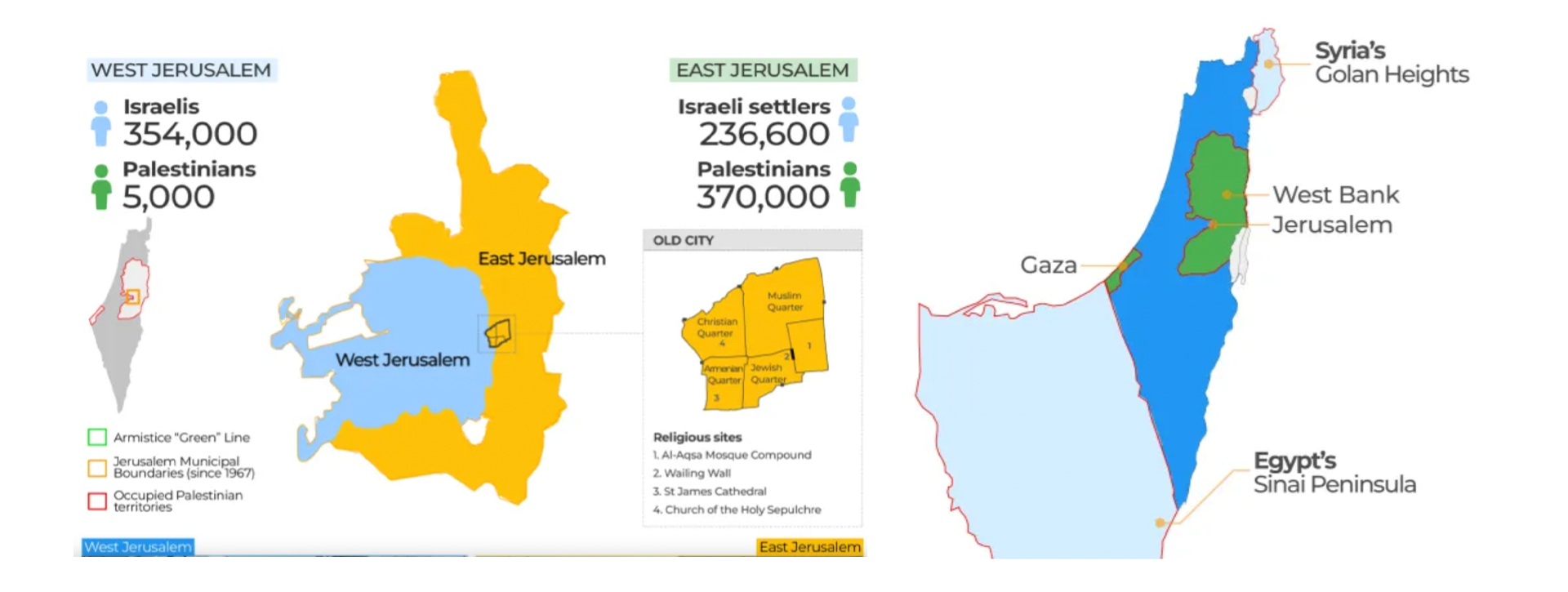
In June 1967, the Six-Day War broke out. Israel occupied all of historic Palestine and expelled another 300,000 Palestinians from their homes.
It also captured East Jerusalem and the West Bank — a move never recognised by the international community.
October 06, 1973 (Yom Kippur War - October War)

In 1973, another Arab–Israeli war broke out — known to Israelis as the Yom Kippur War and to Arabs as the October War or Ramadan War.
Egypt and Syria launched a surprise attack to reclaim lands lost to Israel in 1967.
1981 (Heritage Site)
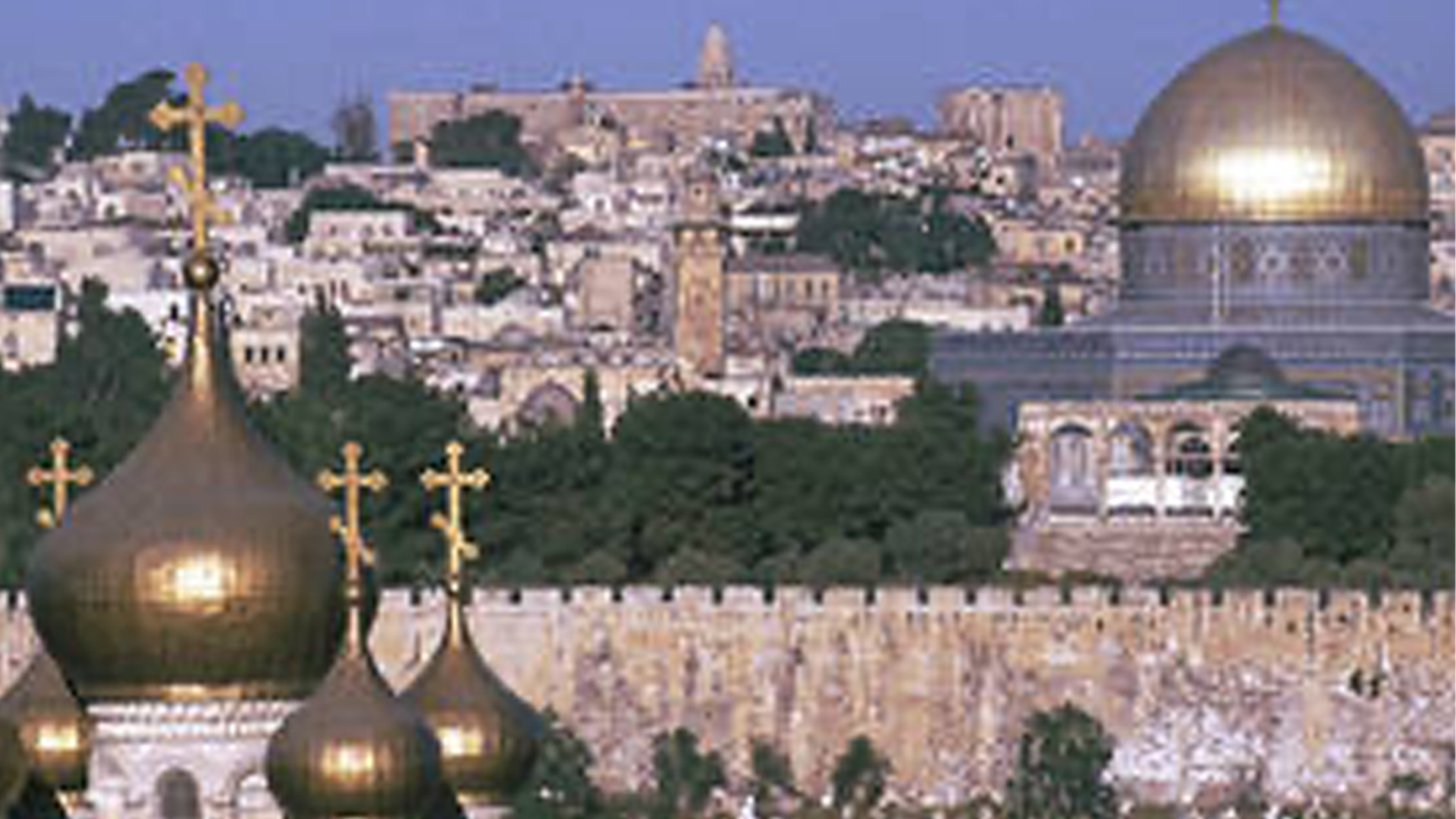
The UN designated Jerusalem’s Old City and its walls as a World Heritage Site, recognising its cultural and religious significance to Muslims, Christians, and Jews alike.
December 1987 (First Intifada)
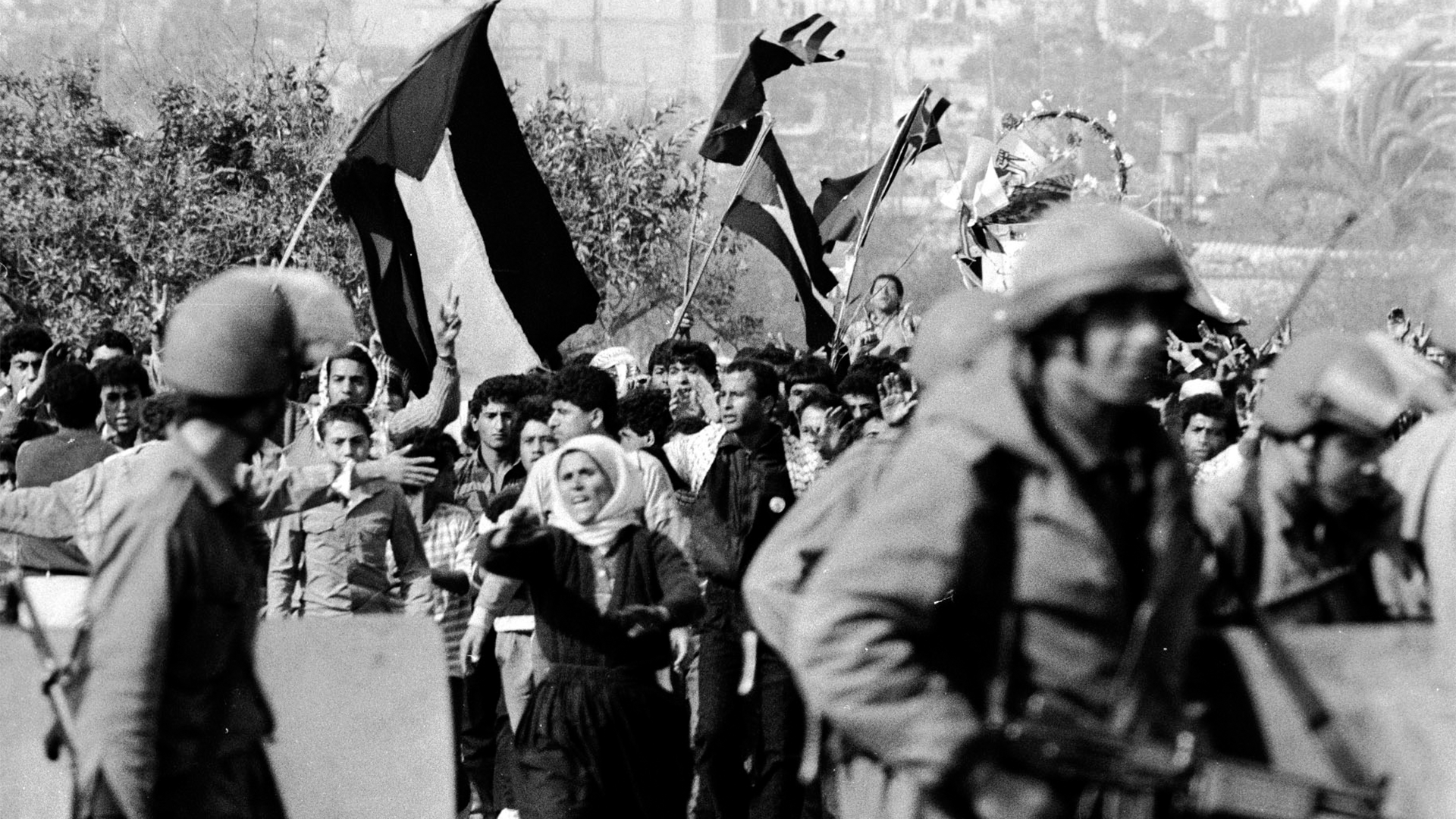
The First Intifada began — a Palestinian uprising marked by protests, strikes, and clashes against Israeli occupation.
September 13, 1993 (Oslo I Accord)
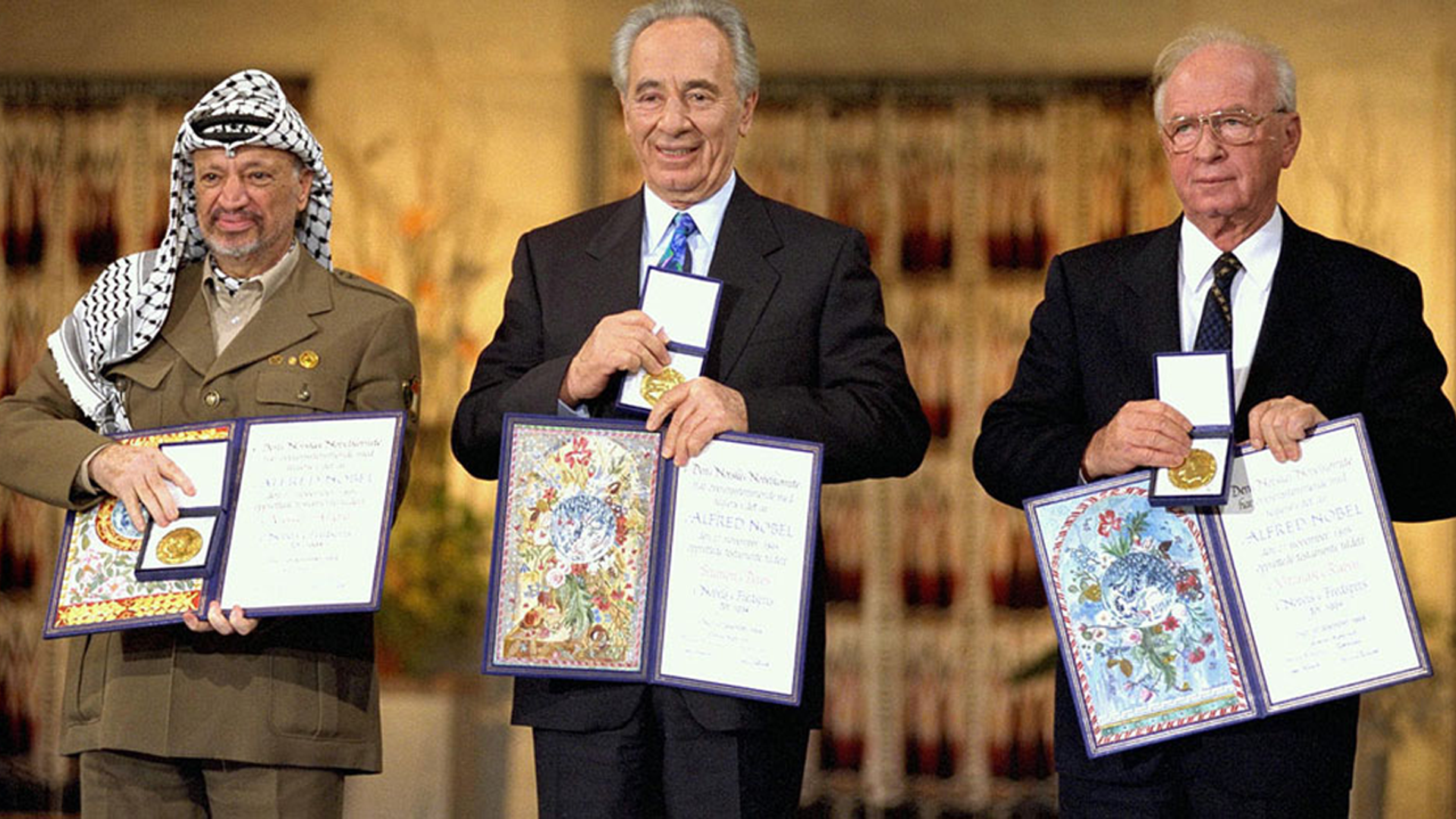
The Oslo I Accord was signed between Israel’s Prime Minister Yitzhak Rabin and PLO leader Yasser Arafat, aiming for peace and a two-state solution.
September 28, 1995 (Oslo II Accord)
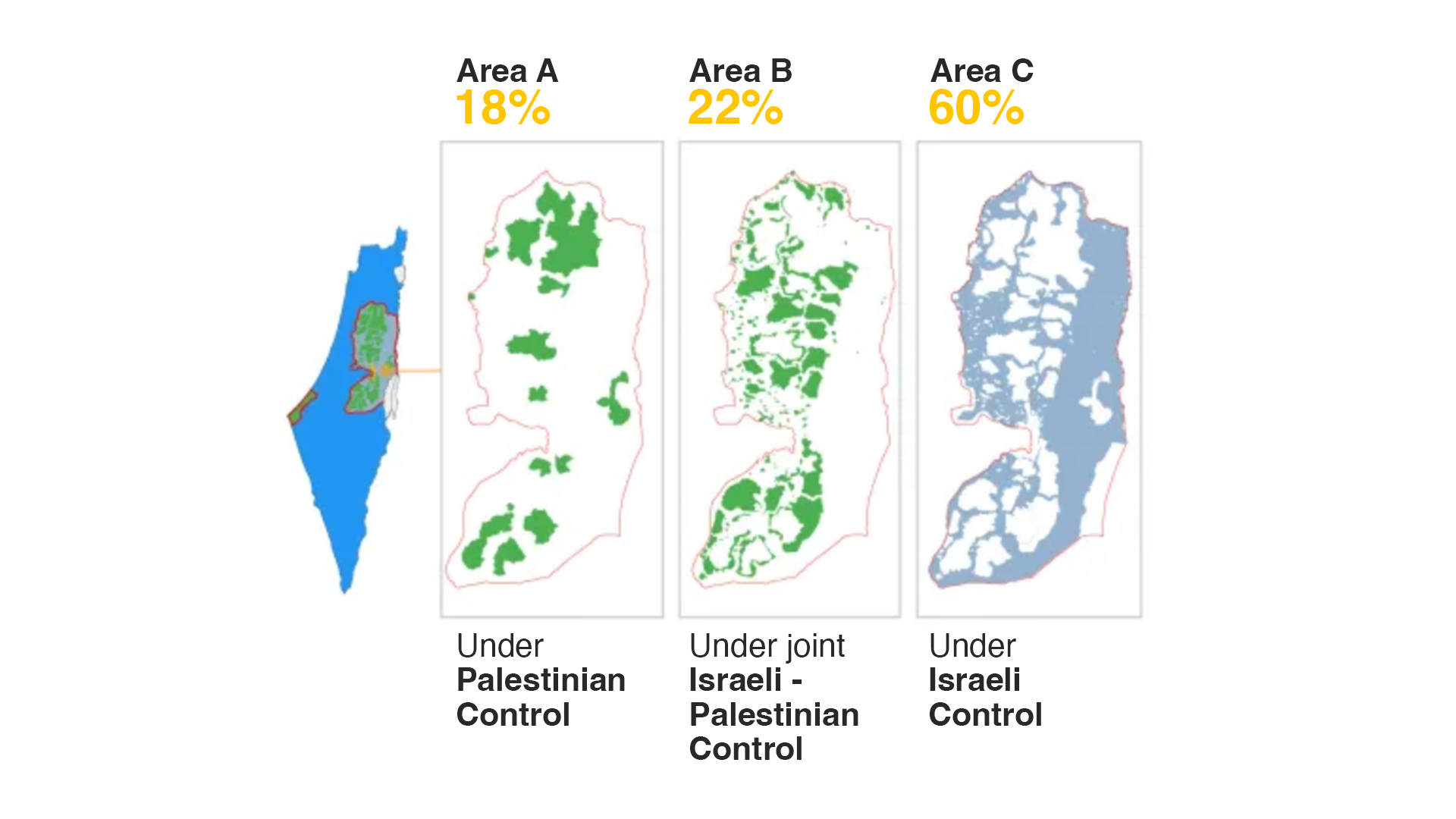
In 1995, a second Oslo Accord was signed between Israel and the PLO, dividing the occupied West Bank into Areas A, B, and C.
September 28, 2000 (The Second Intifada)
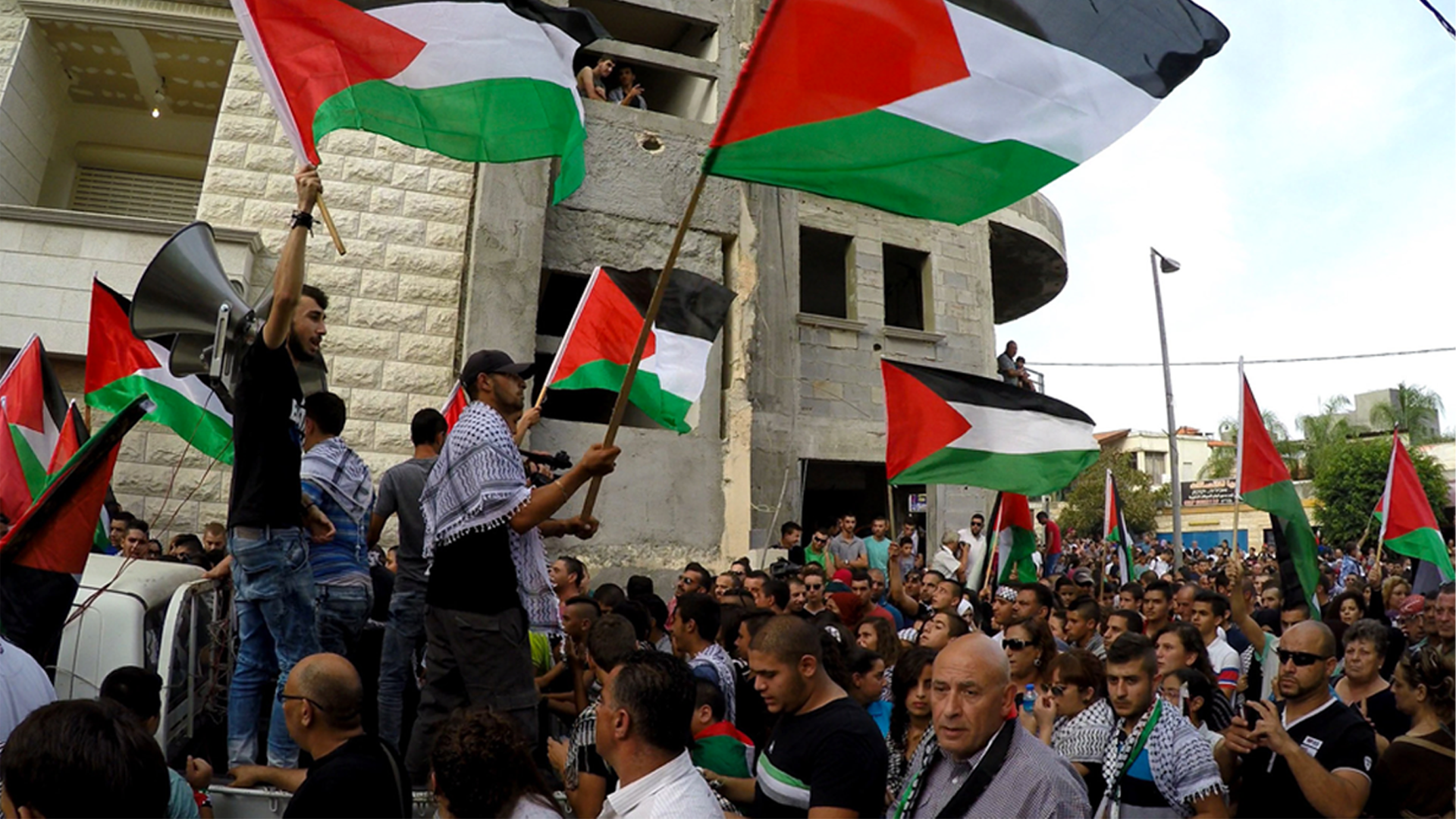
The Second Intifada erupted after failed peace talks, leading to widespread violence and increased militarisation.
2007-2023 (Blockade in Gaza)
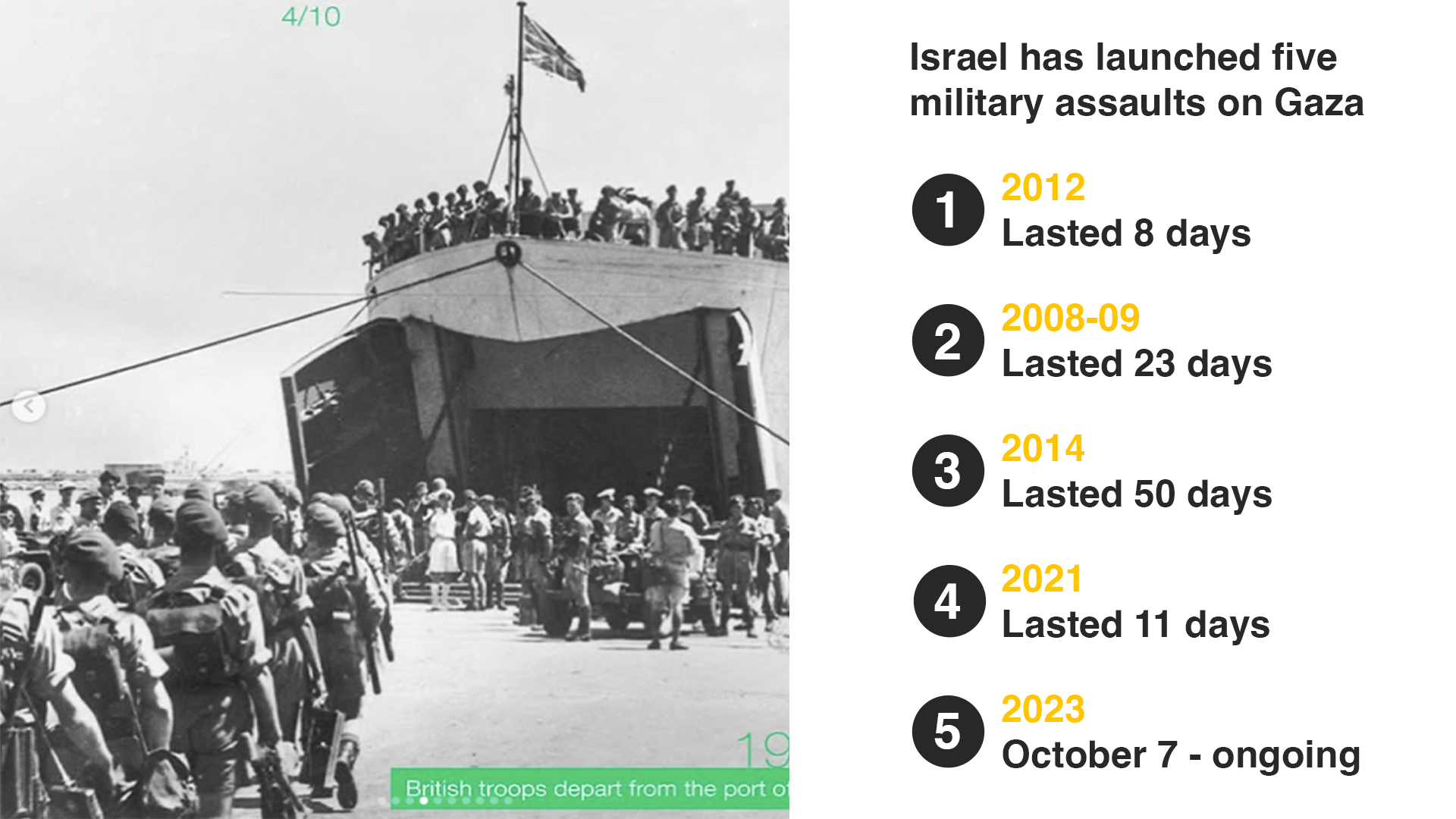
Israel imposed a blockade on Gaza in 2007 after the Hamas group came to power. The siege continues till date.
December 29, 2023 (South Africa files Case at International Court of Justice - ICJ)
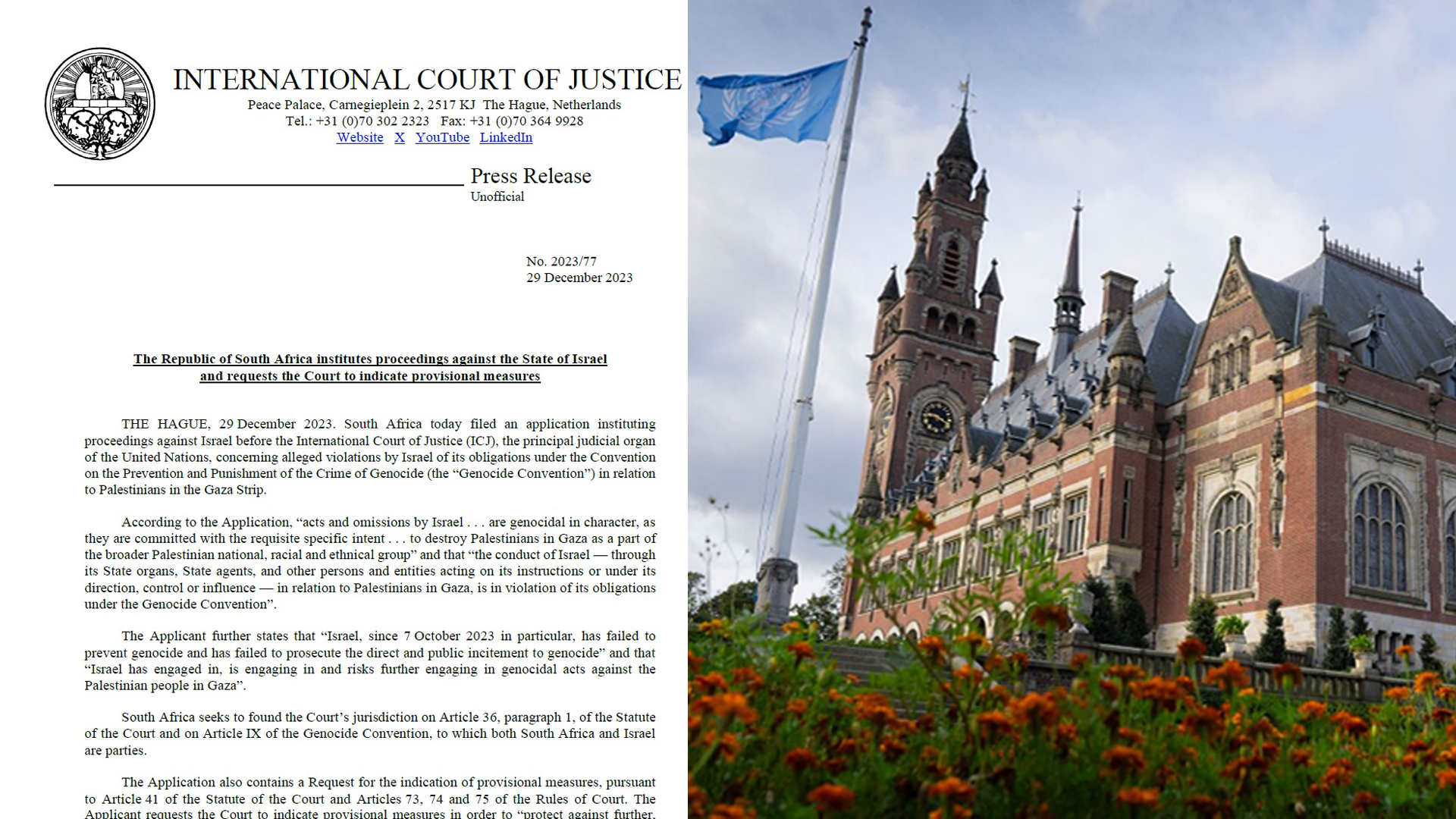
South Africa files a case against Israel at the IC alleging that Israel's military campaign in Gaza amounts to genocide.
April 18, 2024 (Us blocks Palestinian full UN Membership)
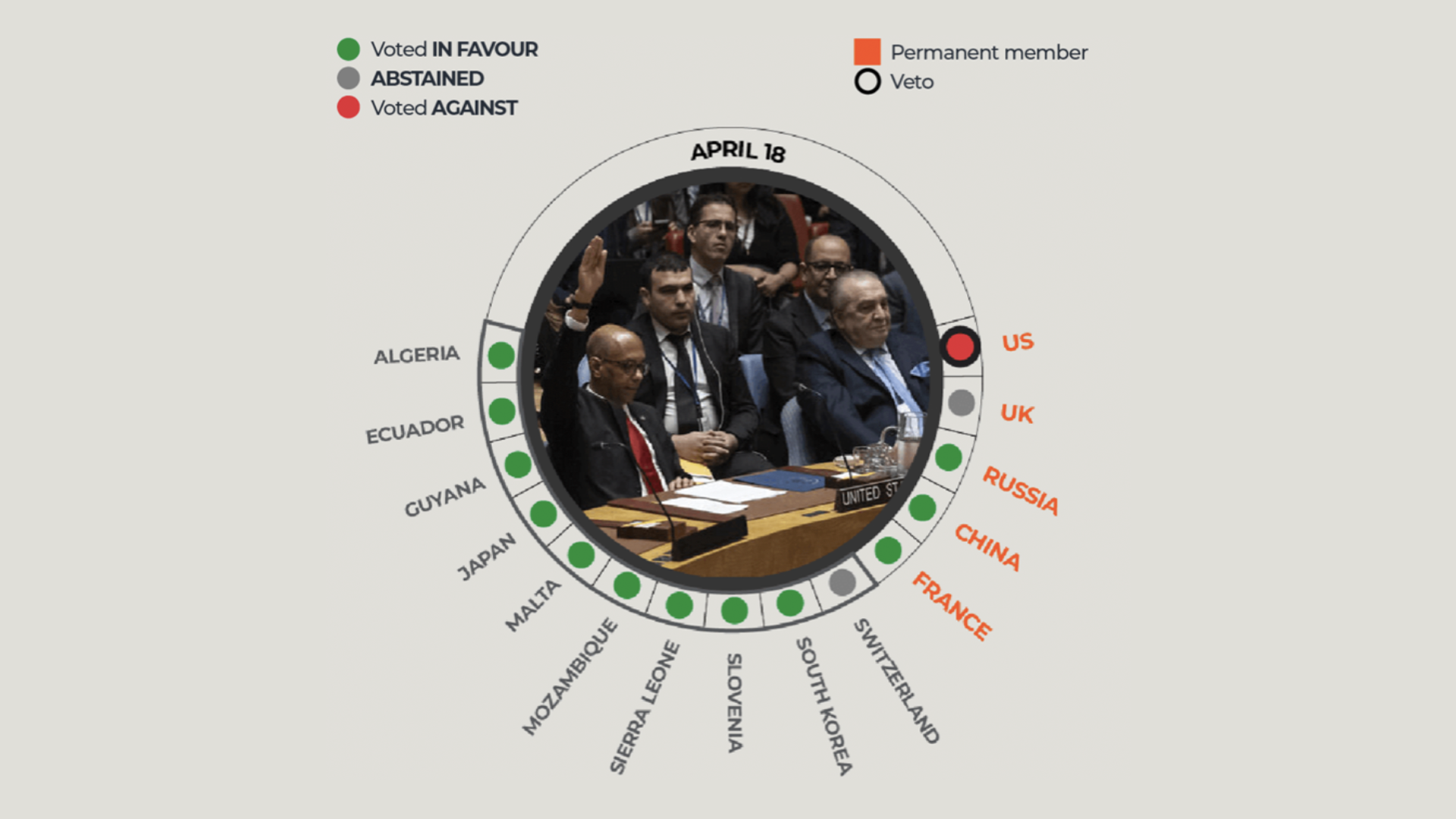
The United States blocked Palestine from gaining full membership in the United Nations.
June 2025 (UN Report: 'From Economy of Occupation to Economy of Genocide')

- The report calls out global complicity in sustaining violence and humanitarian crises in Gaza.
- The UN highlights how corporations and institutions profit from Israel’s occupation of Palestine.
- Francesca Albanese: “For some, genocide is profitable.
September 2025 (Profit & Genocide: Indian Investment in Israel)
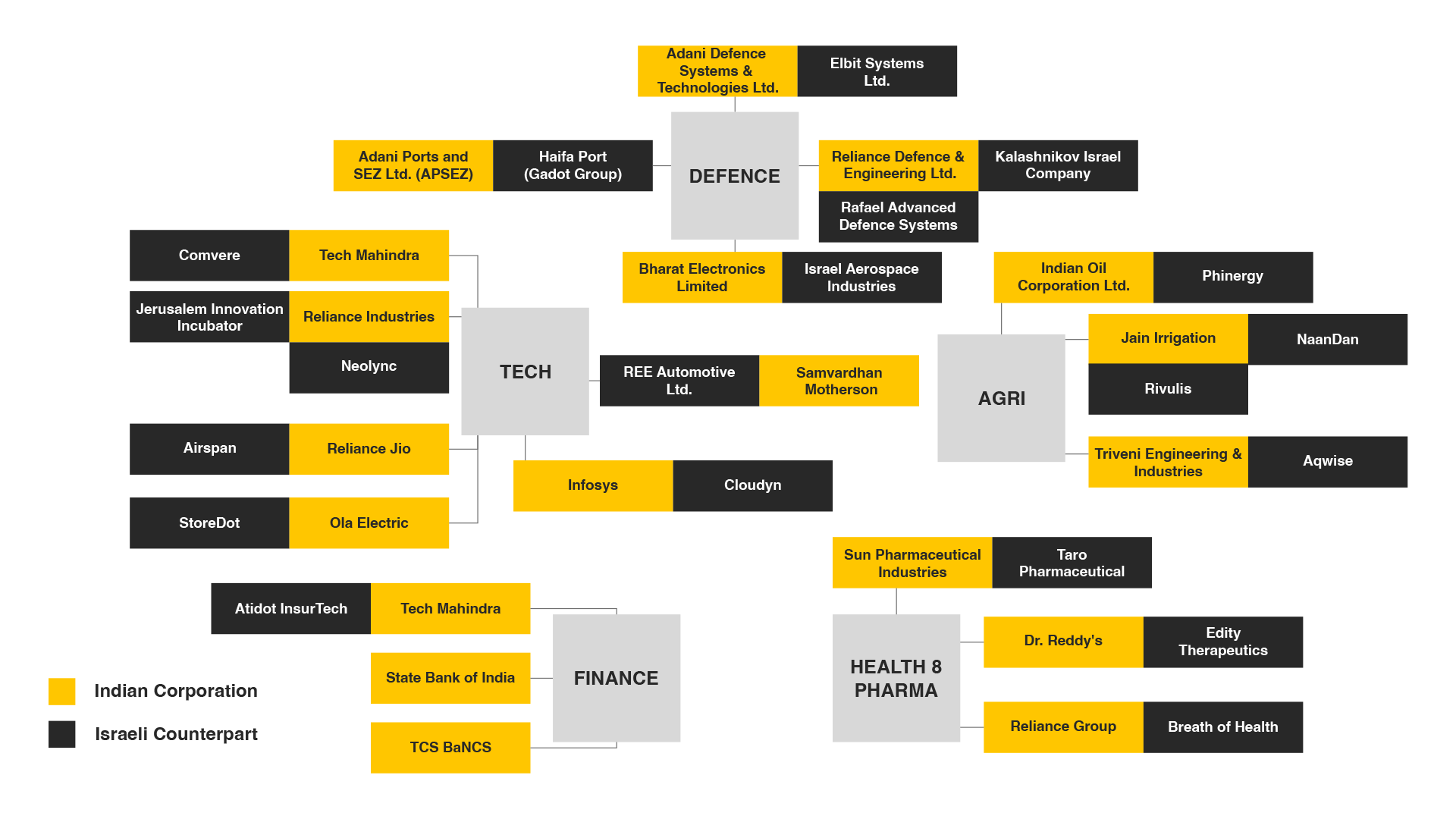
A 2025 report by the Centre for Financial Accountability reveals that several Indian companies are involved in sectors supporting Israel's military operations in Gaza.
August - October 2025 (Global Sumud Flotilla - Breaking the Blockade)
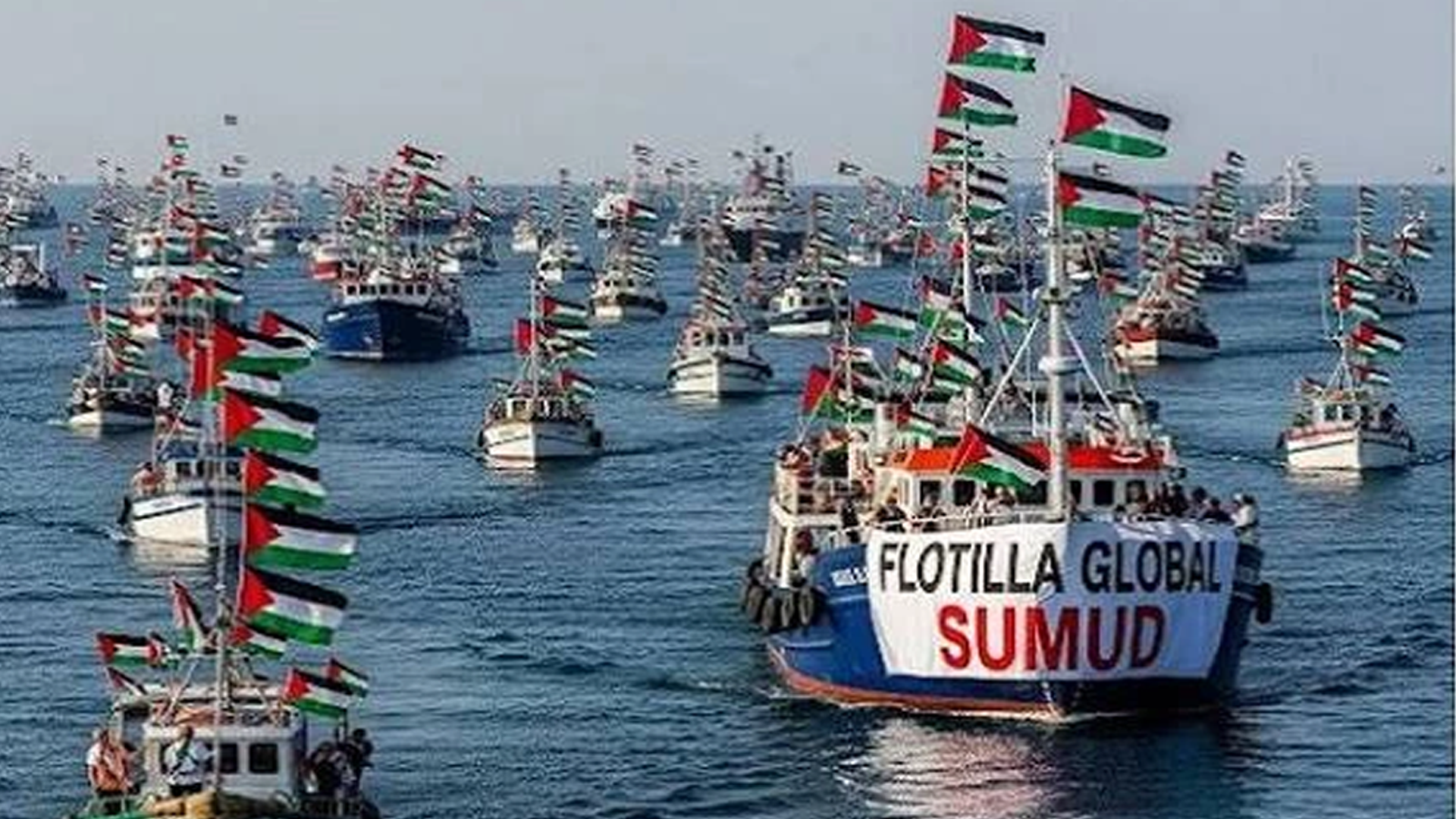
- In Aug–Sept 2025, 50 boats with 500 people from 44+ countries set sail to challenge Israel’s Gaza blockade with aid and solidarity.
- By Oct 1, all were intercepted — the last, Marinette, 42.5 nautical miles from Gaza.
October 9, 2025 (First Phase Ceasefire Deal)

- Israel and Hamas agree to the first phase of a U.S.-brokered peace framework, aiming for a Gaza ceasefire.
- The deal follows Trump’s 20-point plan, including hostage release and troop withdrawal.
- But history shows — every previous ceasefire was soon broken by Israel, continuing its genocide and occupation in Gaza.
150+ Countries recognise the State of Palestine
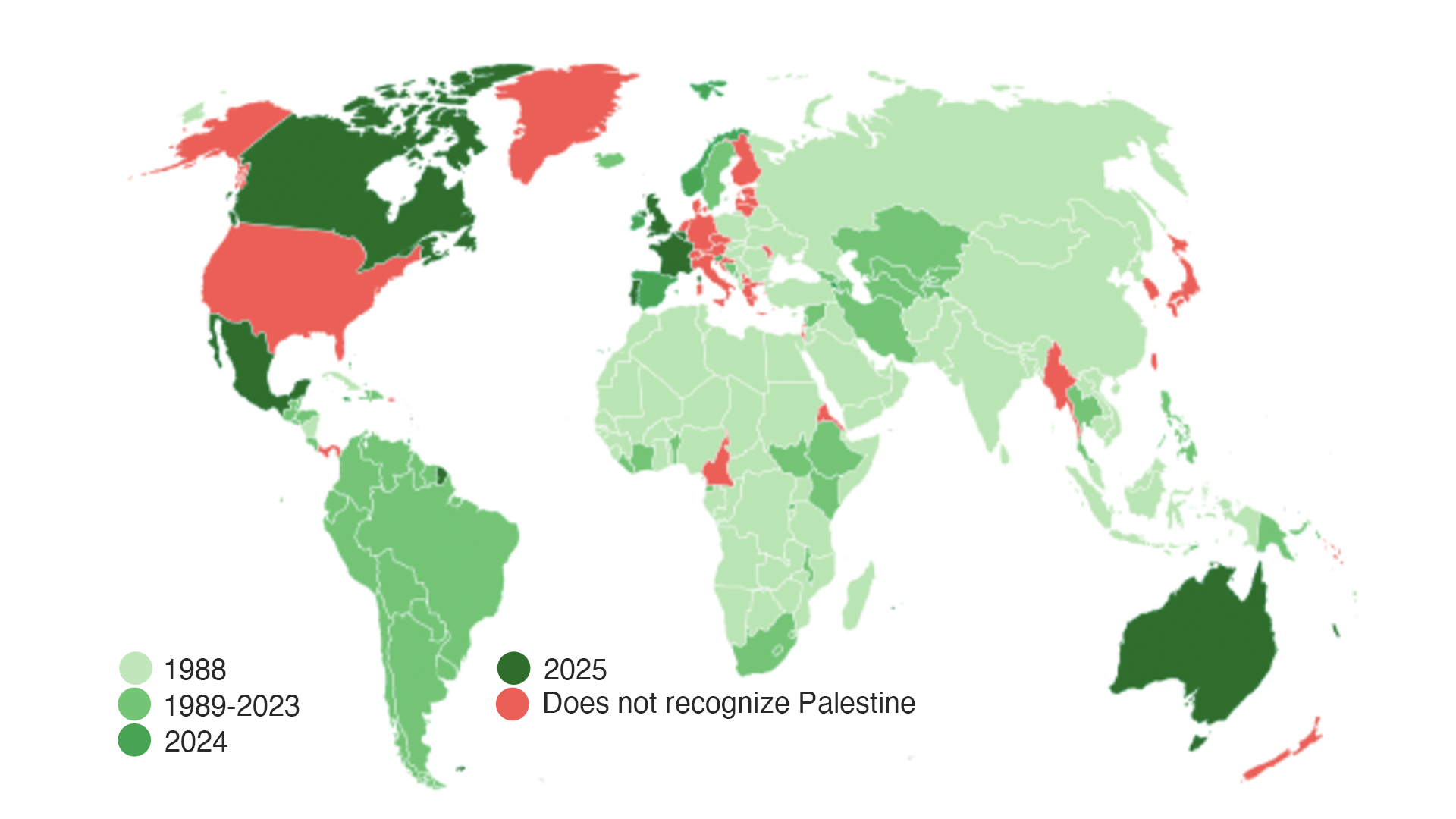
- September 2025: 10 countries recognise Palestine
- Total in 2025: 11 countries
- Overall: 150+ countries recognise the State of Palestine.
The Story of Palestine Continues...

Palestine’s suffering is a century-long story of Israel’s occupation and genocide. The land that rightfully belongs to Palestinians has become a place where survival itself is an act of resistance. Every day and night is a struggle for life — without safety, food, or freedom.
The silence of the world — especially the Arab world — is disheartening.
While millions around the world march in solidarity with Palestine’s struggle for liberation, big institutions, global powers, and corporations remain complicit — continuing to enable the ongoing genocide.
Nous operates with the support of individuals who believe in our mission. By subscribing, you help sustain our work, empower our growth, and contribute to meaningful impact.

